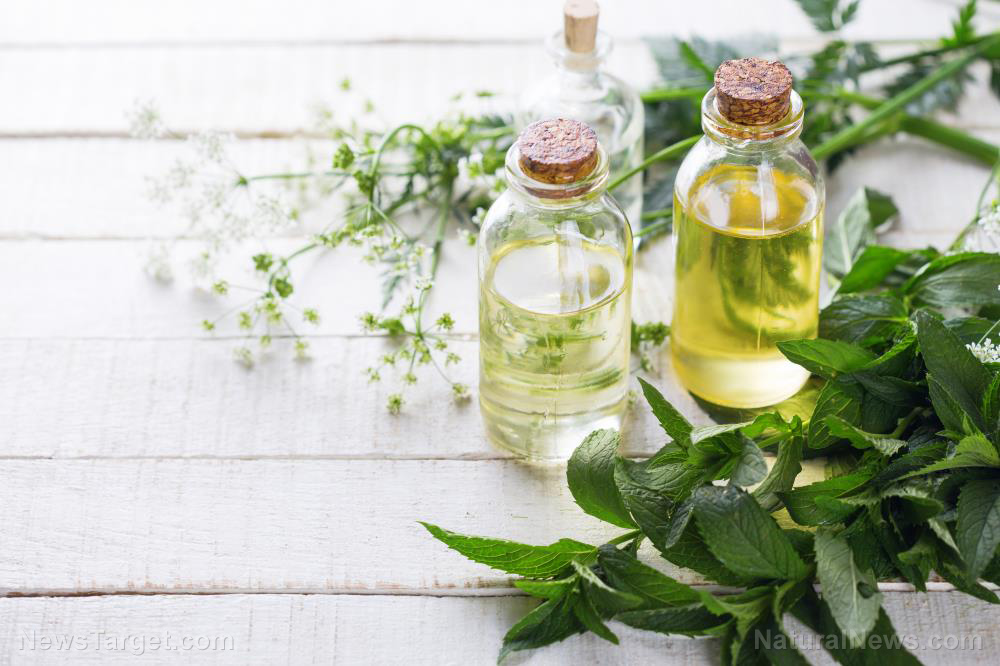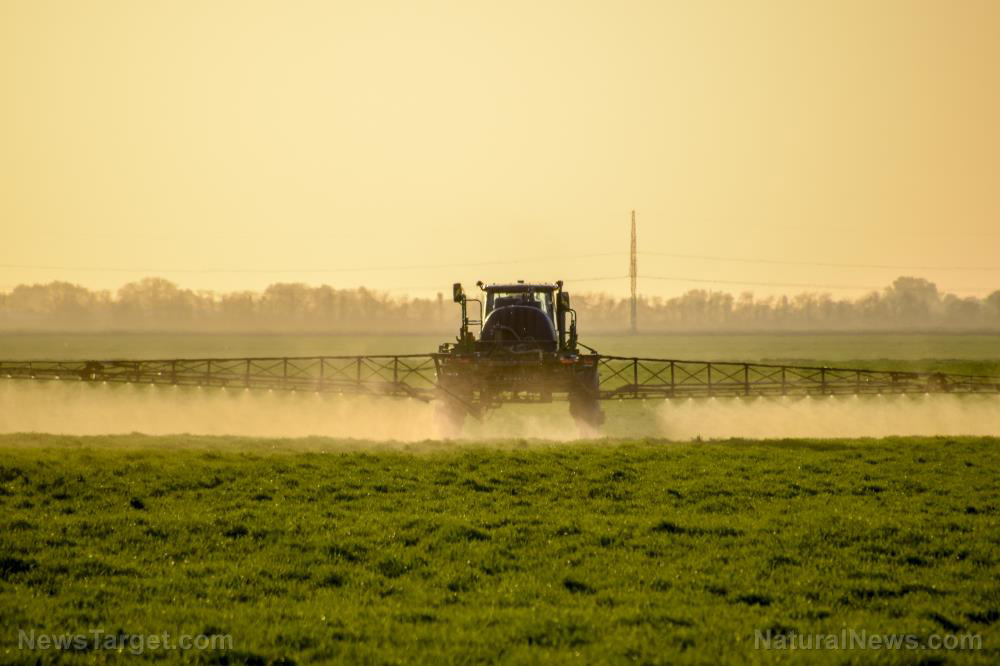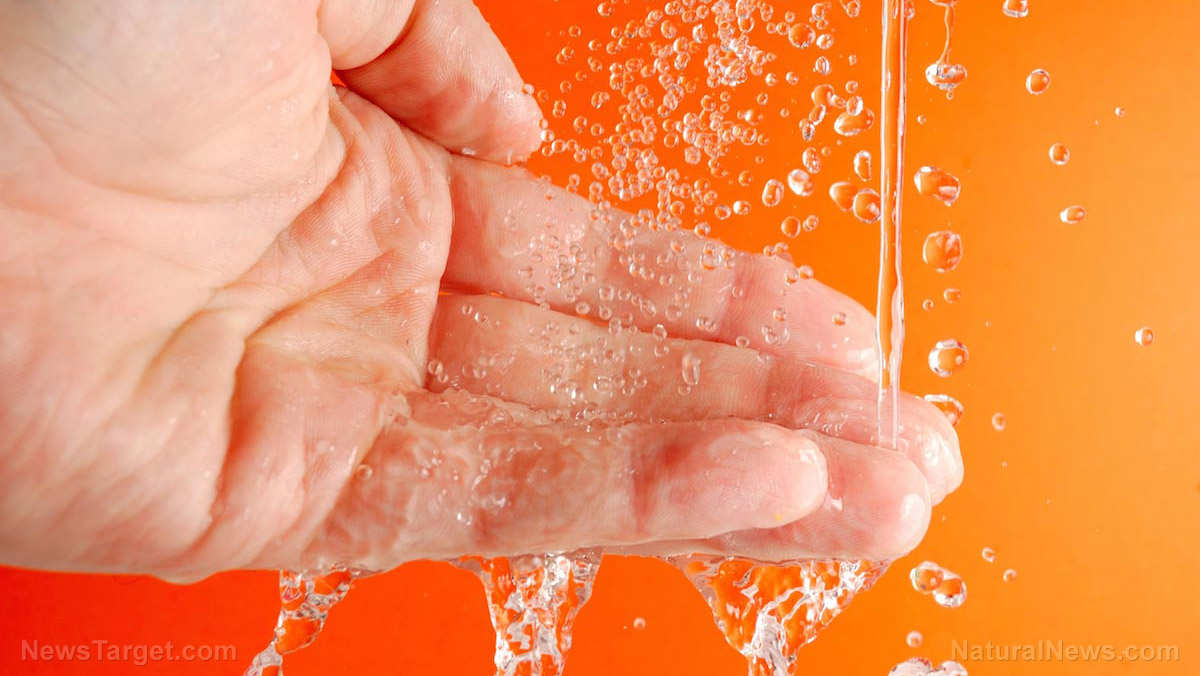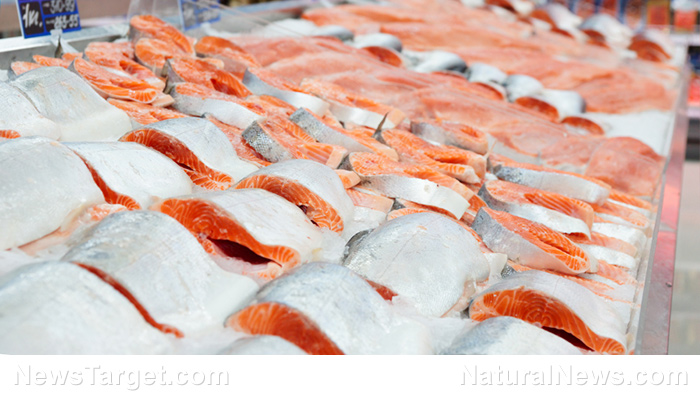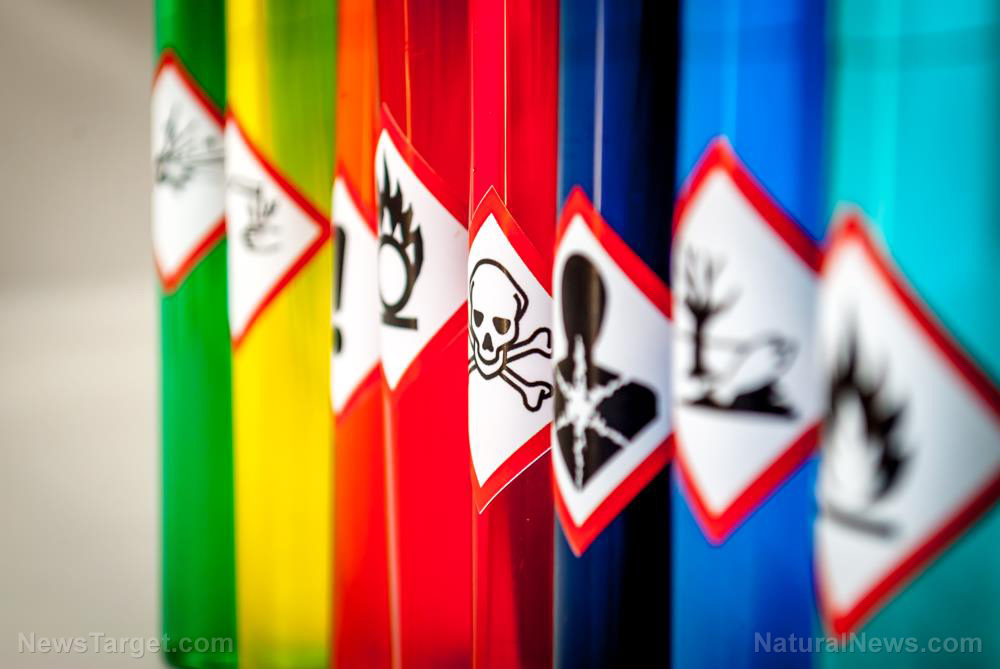Food security under threat – Study links dwindling bee populations to decreasing crop yields in America
07/30/2020 / By Zoey Sky

Bees may be tiny, but home gardeners and farmers rely on these hardworking insects for pollination. However, a recent study has found that crop yields in the U.S. are declining because of a lack of pollinators.
The study, published in the journal Proceedings of the Royal Society B: Biological Sciences, has researchers from Rutgers University worried that the decline in bee populations may affect global food security.
Data from the study showed that pollination by both wild and managed insects is essential for the growth of most crops, particularly those that provide essential micronutrients. Pollination is also crucial for food security.
In America alone, the production of crops that depend on pollinators generates more than $50 billion annually. Unfortunately, recent findings show that populations of European honey bees (Apis mellifera) and some native wild bee species are dwindling. (Related: Double whammy: Traditional agriculture’s crop diversity depends on the pollinators it is killing, threatening the food supply.)
Declining pollinator populations and decreasing crop yields
Data from the study, which is currently considered the most comprehensive study of its kind, revealed that crop yields for apples, cherries and blueberries throughout America are declining because of a lack of pollinators.
The majority of crops around the globe rely on honeybees and wild bees for pollination, hence the growing concern for declines in both managed and wild bee populations and its effect on food security.
James Reilly, a research associate at Rutgers, led the study. The researchers examined data collected by scientists from many universities and was part of The Integrated Crop Pollination Project funded by the National Institute of Food and Agriculture’s Specialty Crop Research Initiative.
According to Rachael Winfree, senior author and a professor in the Department of Ecology, Evolution, and Natural Resources in the School of Environmental and Biological Sciences at Rutgers University-New Brunswick, many crops are pollination-limited, which means that “crop production would be higher if crop flowers received more pollination.” The researchers also discovered that honey bees and wild bees provided similar amounts of pollination overall.
The research team highlighted the importance of managing habitats for native bee species and stocking more honey bees to increase pollination levels and improve crop yields.
For the study, researchers collected data from 131 farms across the United States and in British Columbia, Canada, on insect pollination of crop flowers and yield for almonds, apples, highbush blueberries, pumpkins, sweet cherries, tart cherries and watermelons.
After analysis, the researchers found that apples, blueberries, sweet cherries and tart cherries showed evidence of being limited by pollination. This suggests that yields are currently lower than they would be if the crops had full pollination.
The data also showed that both wild bees and honey bees provided similar amounts of pollination for the majority of the crops.
Another interesting thing the scientists found was that the annual production value of wild pollinators for all seven crops was more than $1.5 billion in the U.S. The scientists noted that the value of wild bee pollination for all pollinator-dependent crops would be much greater.
The findings suggest that pollinator decline may be directly linked to decreased yields for most of the crops studied. The researchers concluded that promoting practices that conserve or augment wild bees, like planting more wildflowers and using managed pollinators other than honey bees, can significantly boost crop yields. Alternatively, investing in honey bee colonies can help increase crop yields.
Follow Environ.news for more information on how to help save bees and other pollinators.
Sources include:
Tagged Under:

